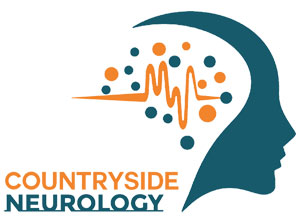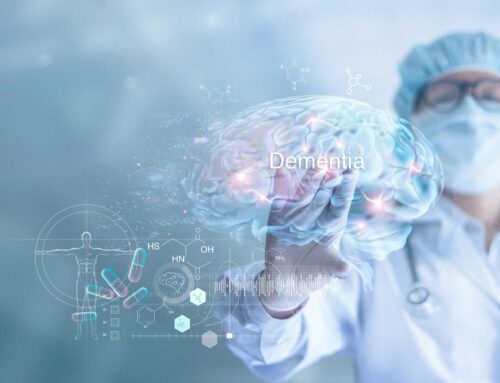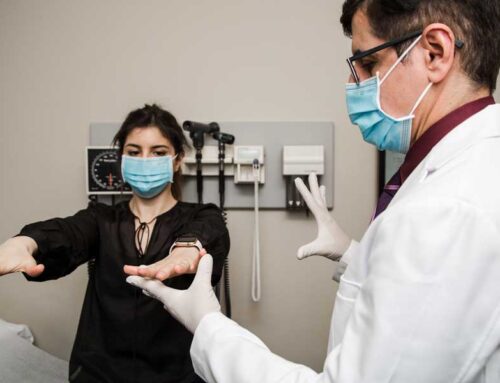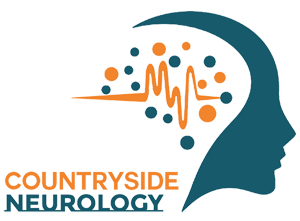Understanding SAD and Its Neurological Impact
Seasonal Affective Disorder (SAD) is a type of depression that affects individuals during the fall and winter months due to reduced sunlight exposure. SAD doesn’t just impact mood; it can also impair cognitive function, concentration, and energy levels, making it particularly challenging for those with pre-existing neurological conditions.
Symptoms to Watch For
SAD symptoms vary but often include:
- Persistent feelings of sadness or hopelessness
- Loss of interest in daily activities
- Fatigue and low energy
- Difficulty concentrating
- Changes in appetite, often craving carbohydrates
Treatment Options for SAD
At Countryside Neurology, we provide comprehensive care for neurological and mental health conditions, including SAD. Effective treatments include:
- TMS Therapy: Transcranial Magnetic Stimulation is a non-invasive treatment that targets specific areas of the brain linked to mood regulation. It’s an excellent option for those who haven’t responded to traditional therapies.
- Light Therapy: Using a lightbox that mimics natural sunlight can boost serotonin levels and regulate your circadian rhythm.
- Lifestyle Changes: Regular exercise, outdoor activities, and a balanced diet rich in omega-3 fatty acids can help alleviate symptoms.
- Medications: In some cases, antidepressants or mood stabilizers may be necessary to manage symptoms effectively.
Stay Ahead of SAD
If you or a loved one is experiencing symptoms of Seasonal Affective Disorder, don’t wait to seek help. Early intervention is key to improving mood and maintaining brain health during the colder months.
Contact Us for Personalized Care
Call 727-712-1567 to schedule a consultation or visit our Palm Harbor office to learn how TMS therapy and other treatments can transform your health.





